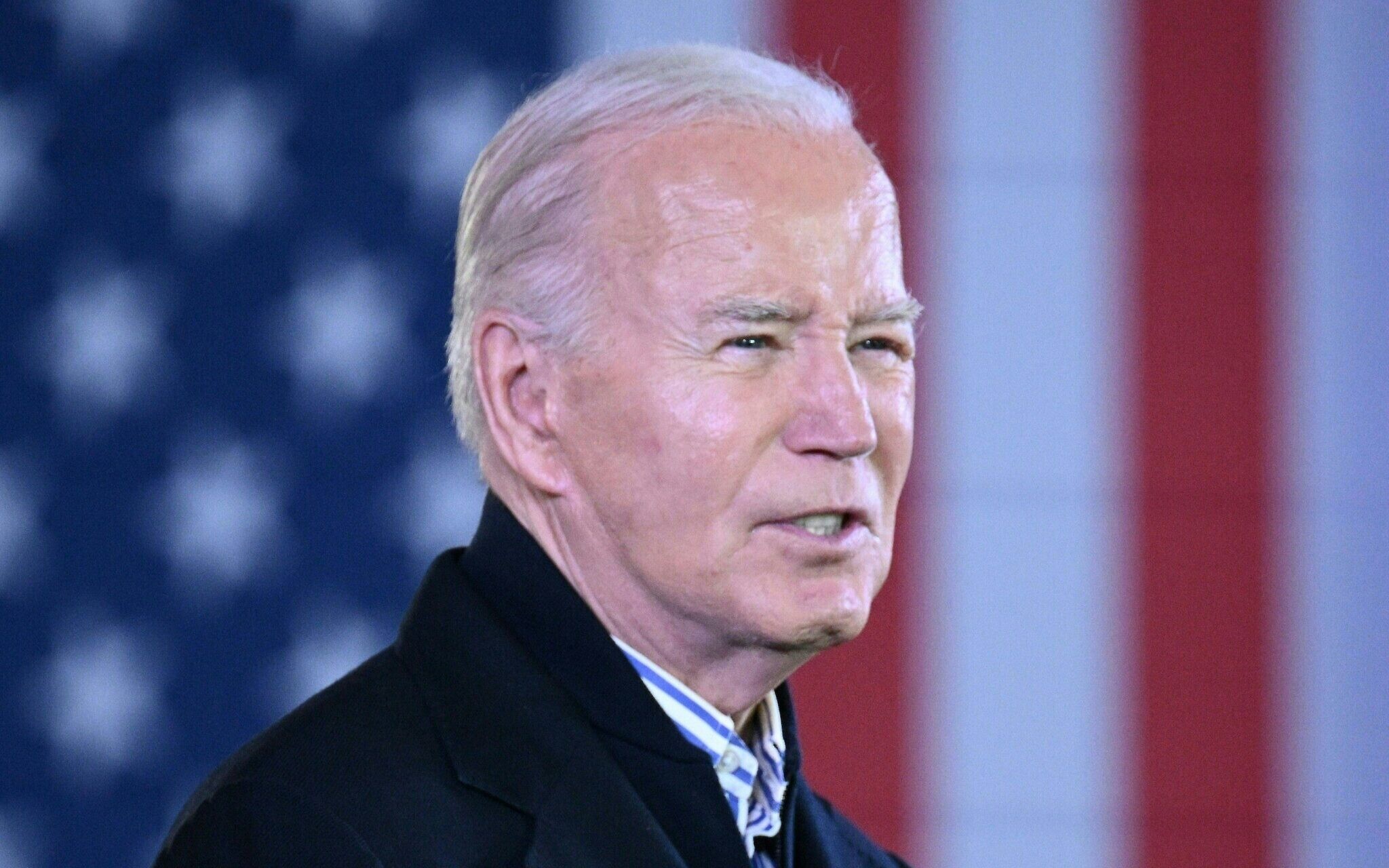World
Israeli Airstrikes Target Houthi Positions in Yemen Following Drone Attack

Israeli fighter jets launched strikes on the strategically critical port city of Hodeida on Saturday, targeting rebel Houthi positions. This military action comes in response to a deadly drone attack executed by the Houthis in Tel Aviv, which left one person dead and a number of others injured. This is reportedly the first time Israel has admitted to conducting airstrikes in Yemen, raising concerns of further regional escalation.
The Houthis, who are receiving support from Iran—Israel’s primary adversary—have claimed that their recent attacks are a show of solidarity with the Palestinians in Gaza. Over recent months, they have engaged in various operations aimed at vessels suspected of having ties to Israel in the waters near Yemen. Most of these assaults, however, had previously been intercepted successfully.
On the previous day, the drone strike on Tel Aviv was particularly notable because it successfully evaded Israeli defense systems, resulting in casualties. In light of this, Israeli Prime Minister Benjamin Netanyahu made a pointed statement, declaring, “Let this be a clear message to our enemies: we will defend ourselves using any means necessary.” He emphasized the value of Israeli lives, suggesting that retribution would indeed come for any aggressions against them.
The Israeli military confirmed that the airstrikes targeted several military sites linked to the Houthi group in the Hodeida area. They articulated that the port is not only a vital hub for humanitarian aid but also serves as a significant route for Iranian weapon shipments to Houthi forces. Spokesperson Daniel Hagari highlighted this aspect during the announcement of the strikes.
The repercussions of these airstrikes have already been severe. Local health officials reported around 80 injuries, with many individuals suffering from serious burn injuries. The Houthi health ministry condemned the bombings, asserting that they specifically targeted fuel storage and a power plant, cutting off electricity in the region and further exacerbating humanitarian conditions.
In a counter-response, Houthi leaders pledged to retaliate against what they termed an act of aggression by Israel. Mohammed Al-Bukhaiti, a member of the Houthi political bureau, stated that they would respond to such escalations and ensure that the repercussions of Israel’s actions would be felt significantly. This cycle of retaliation raises alarms over the potential for an expanded conflict that could involve multiple regional actors.
Reports from local news outlets indicated widespread destruction following the airstrikes, with images showing significant fires consuming parts of the port. The firefighting efforts have been hampered by the scale of the incidents, which led to a complete blackout in the city as residents crowded into the streets amidst fear and uncertainty.
The events have unfolded against the backdrop of a larger conflict in Gaza, which reignited after a significant attack by Hamas on October 7, resulting in extensive casualties on both sides. The violence has caused a humanitarian crisis that is worsening by the day, with millions displaced and urgently needing assistance.
Additionally, a spokesperson from the United States acknowledged Israel’s right to self-defense while asserting that the U.S. was not involved in the strikes on Yemen. This clarification came amidst discussions about the necessity for regional stability given the volatility brought forth by the ongoing violence in Gaza and its implications across the Middle East.
Political analysts have voiced concerns that the situation in Hodeida might escalate into a more significant conflict, as recent developments suggest a potential for broader military actions beyond the immediate region. The port of Hodeida specifically serves as a crucial supply route, and any disruption could have devastating effects on the already dire humanitarian situation in Yemen.
Hezbollah, the Lebanese militant group, commented on the airstrikes by labeling them as a dangerous turning point in the ongoing struggle against Israel. They expressed solidarity with the Houthis and warned that further actions could follow if the violence continues.
As the region grapples with these unfolding events, the outlook remains deeply uncertain. Yemen, already embroiled in a devastating conflict since 2014, finds itself in a precarious position with external forces now directly impacting its internal struggles. The residents of Hodeida, displaced by violence and swift military actions, await the repercussions of this conflict as it unfolds.












